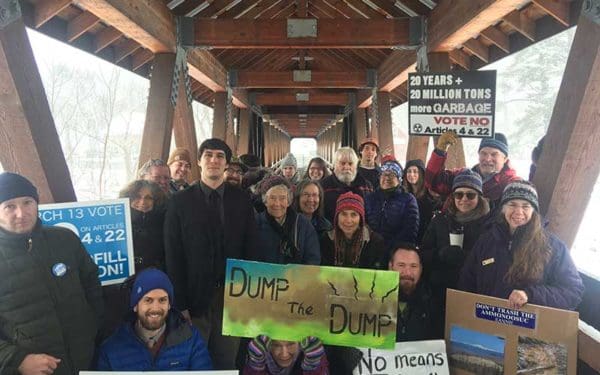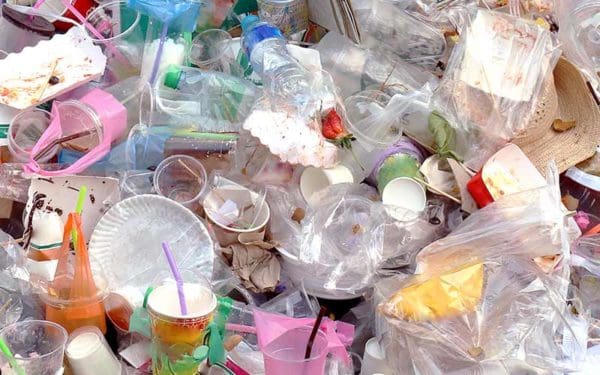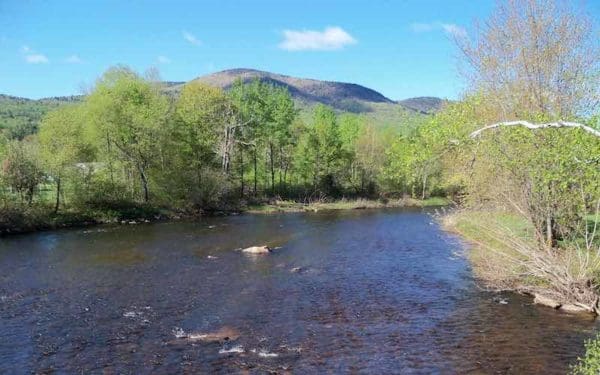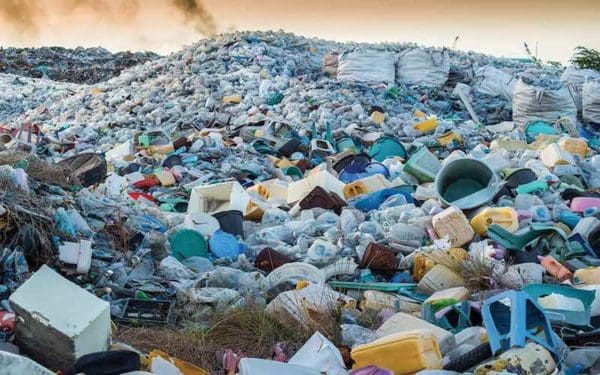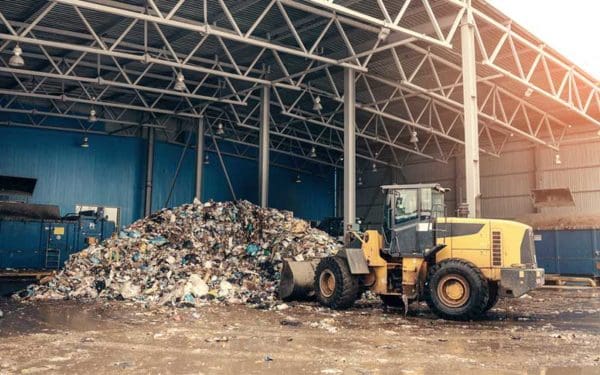Mar 11, 2020
We all know the trash we throw away is a disaster for our environment and communities. From landfills growing into mountains of waste to incinerators spewing toxic pollutants to the pollution of our water and air (including climate-damaging emissions) – the impacts of waste disposal are not only disturbing, but they’re also avoidable. For decades… Continue reading Will New Hampshire Be A Dumping Ground for the Region? (Not If We Can Stop It)
Mar 09, 2020
One of the day’s presenters was John Hite of the Conservation Law Foundation. “I will say that we do have one program in place currently that is the single most effective recycling program we know,” he said. “Does anybody know what that is?” The answer — the bottle redemption program
Feb 28, 2020
In general, plastic bag bans aren’t perfect, wrote policy analyst John Hite for the Conservation Law Foundation, but they’re a good start. Hite pointed out that, even in studies showing that plastic bag bans increased purchases of thicker trash bags and paper bags, the bans consistently decreased the overall use of single-use plastic bags.
Feb 27, 2020
Tom Irwin with the Conservation Law Foundation endorsed the idea. He noted the Legislature two decades ago set a goal of reducing solid waste by 40 percent and put landfills at the bottom of the waste “hierarchy.” “Twenty years later we have not achieved the solid waste reduction goal and we are still operating on a disposal model and relying heavily on landfills,” Irwin said.
Feb 26, 2020
“Plastic producers have been given a free pass to pollute our communities for far too long at taxpayer expense,” said John Hite, Zero Waste Policy Analyst at CLF. “Single-use packaging has upended recycling and filled our oceans, communities, and landfills with plastic pollution. LD2104 will require packaging companies to deal with the mess they’ve made and create products that don’t wreak havoc on our recycling systems and environment.”
Feb 13, 2020
“The last thing New Hampshire needs is another landfill,” said Tom Irwin, Vice President and Director of CLF New Hampshire. “The Department of Environmental Services came to the right conclusion: Casella’s proposed expansion would violate important state policy and is not in the public interest. Instead of expanding a polluting landfill, we must focus on reducing waste and ramping up recycling and compost efforts.”
Feb 11, 2020
“Fossil fuel companies have created the plastic crisis at our expense,” said Brad Campbell, President of Conservation Law Foundation. “Beyond littering our streets and waters, plastic production harms human health, destroys our climate and hobbles the budgets of cities and towns. This groundbreaking federal legislation will hold these large corporations accountable in cleaning up the damage they’ve done.”
Feb 11, 2020
Maine legislators are working to shift soaring recycling costs back where they belong: onto the producers of unmanageable plastic packaging.
Feb 10, 2020
Over the years, Pecci said many communities in the state have gone to a single-stream recycling system. And those streams have increasingly captured items that either are not recyclable or for which there is no recycling market, such as coffee-cup lids. “What happened is we degraded the quality of the material,” Pecci said. “The cleaner and more sorted something is, the more value it is going to have.”
Feb 07, 2020
At the corner of Allens and Thurbers avenues in Providence, Rhode Island, sits a less-than-four-acre lot that could soon be home to a massive garbage depot. The proposal has nearby residents in South Providence and Washington Park worried and angry – and with good reason. These communities are already burdened by daily pollution from other nearby industrial facilities.
